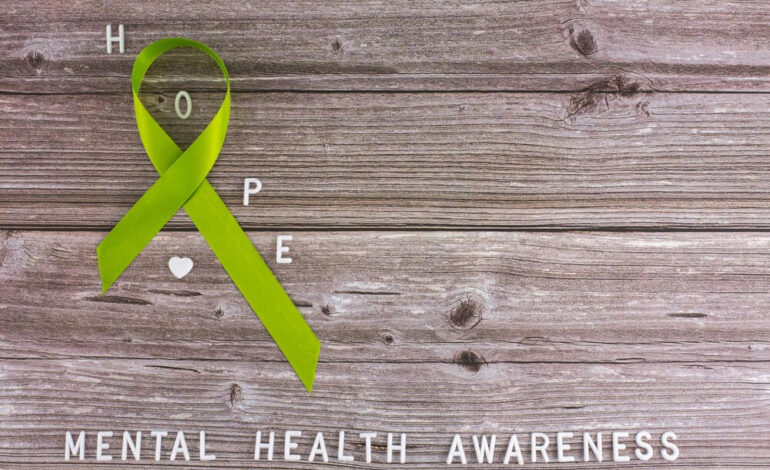Reading Time: 3 Minutes “Mental illness is not a light switch you can turn on and off. It’s a dial you, and only you, learn how to manage”. Treatment vs. Cure When an individual is cured of an illness, it means that the illness is gone forever. Some illnesses, such as diabetes, cannot be cured. Once an individual is diagnosed with […]
Mental Health
World Bipolar Day: Rethink Mental Illness
Reading Time: 5 Minutes Anxiety and Bipolar Disorder The hope and vision of World Bipolar Day are to bring world awareness to the world about bipolar disorder and to eliminate social stigma. This mood disorder affects nearly 3% of the adult U.S. population each year. World Bipolar Day (WBD) is celebrated each year on March 30th, Vincent Van Gogh’s […]
May Is Mental Health Awareness Month
Reading Time: 3 Minutes Anhedonia, Apathy and Depression May is Mental Health Awareness Month. A special month devoted to raising awareness and education about mental health. Mental health goes beyond the extent of the diagnosis and treatment of mental health disorders such as anxiety, schizophrenia, bipolar disorder, and depression. Mental health includes being aware of our emotions, thoughts, personal […]
BIPOC Mental Health Awareness Month
Reading Time: 4 Minutes “July was first declared as National Minority Mental Health Awareness Month in 2008. Since then, July has been a time to acknowledge and explore issues concerning mental health, substance use disorders, and minority communities. It is also important to destigmatize mental illness and enhance public awareness of mental illness among affected minority groups across the United […]
Types of Mental Illness, Diagnosis, Treatment in San Diego
Reading Time: 4 Minutes Mental health refers to your emotional and psychological well-being and encompasses your thoughts, feelings, emotions, and how you react and process them. Your mental health affects your actions and how you treat yourself and others. Your mental health can also have an impact on your physical health. For example, when an individual neglects their mental […]
Mental Illness – Diagnosis and Treatment in Orange County
Reading Time: 4 Minutes Mental illness formally referred to as mental health disorders, is extremely common among adults and children in the United States. Unfortunately, although improved, there is still a stigma associated with mental health disorders, creating barriers to treatment. Mental health disorders range from mood disorders such as bipolar disorder and depression, anxiety disorders, personality disorders to […]






